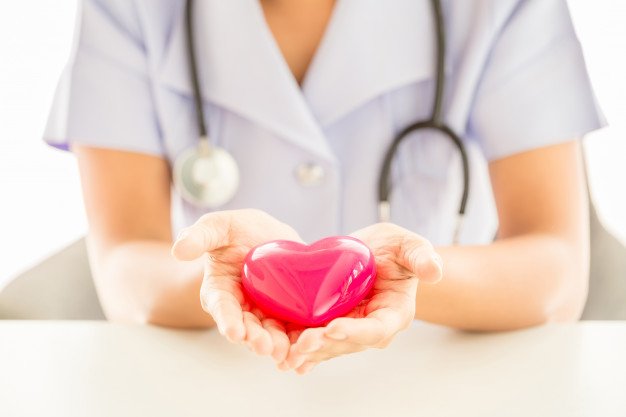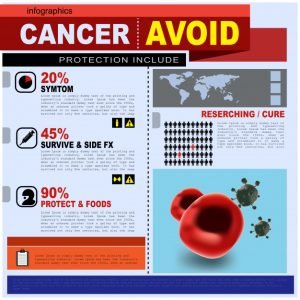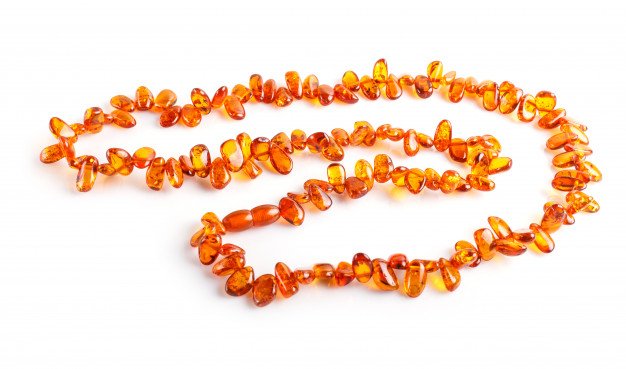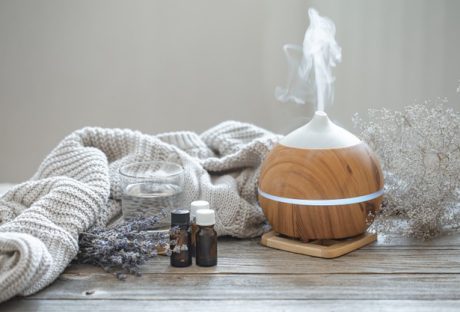Pescetarianism is a specified diet that substitutes meat for seafood. In a nutshell, it is being on a vegan diet except, you eat seafood. The most common practice of pescetarianism is Ovo-Lacto vegetarianism. Here, the person on this diet would also consume dairy products alongside their seafood. There are two main motivating factors for this diet. These are health and environmental sustainability.
Below are those factors to take into consideration while discussing why being a pescatarian is beneficial. Also, if you live in St. Louis, checkout Food Delivery Service St. Louis, a food delivery that provides its customers with tailored meals fitting every individual and their dietary needs. This will help you get your training wheels off while you get a feel for the different meals the diet is famous for.
Why A Pescatarian Diet Is Beneficial:
To A More Sustainable Environment:
The animal meat, from mammals and birds, usually comes from farming such animals. The downside to rearing animals as food is the production of greenhouse gases.
Animals such as pigs and ruminants we consume emit greenhouse gases that contribute to global warming. Pigs chip in by producing ammonia while the ruminants contribute by emitting methane gas.
The situation is further complicated by the clearing of forests to create grazing grounds for these animals when this farming is done on a large scale.
Furthermore, water and land resources, which should be used by humans are being used by these farms and slaughterhouses.
Fish do not produce any greenhouse gas. However, when they are caught in their natural habitats, the process usually negatively affects their ecosystem. Fish farming can be a solution to this problem.
The Health Benefits of a Pescatarian Diet:
Going completely vegan in your diet brings with it some nutrient deficiency problems. Vitamin B12 is only found in animal products. Hence, removing such products from your diet means that you lack this vital nutrient.
Essential fatty acids and iron intake are both affected when you switch to a completely vegan diet. When these nutrients are missing from your diet, you risk getting anemia and losing out on your quota of valuable proteins. Adding fish into the equation equals a more balanced diet, nutrition-wise.
With the emergence of meal deliveries, you can find a food delivery to St. Louis to make your transition to this diet a lot easier.
A Healthier Heart:
An increase in your intake of omega-3 fatty acids found in fish and other seafood promotes a healthier heart. The critical nutrient helps to lower your blood pressure reducing the risk of heart-related diseases.
The plant diet works hand in hand with your new intake of these nutrients to improve the health of your heart.
Avoid Some Cancers:
Some cancers that affect your digestive system can also be avoided via this diet. Colorectal cancers specifically have been seen to occur less in those who are on this diet.
Manage Diabetes and Inflammatory Illnesses:
The ‘vegan’ diet you consume as a pescatarian can help reduce the risk of getting type 2 diabetes, insulin resistance, obesity, and high blood pressure. When you add the increase in intake of omega-3 fatty acids, inflammation is also reduced. The two of them combine to improve your anti-inflammatory and anti-diabetic qualities.
Read Also:
























